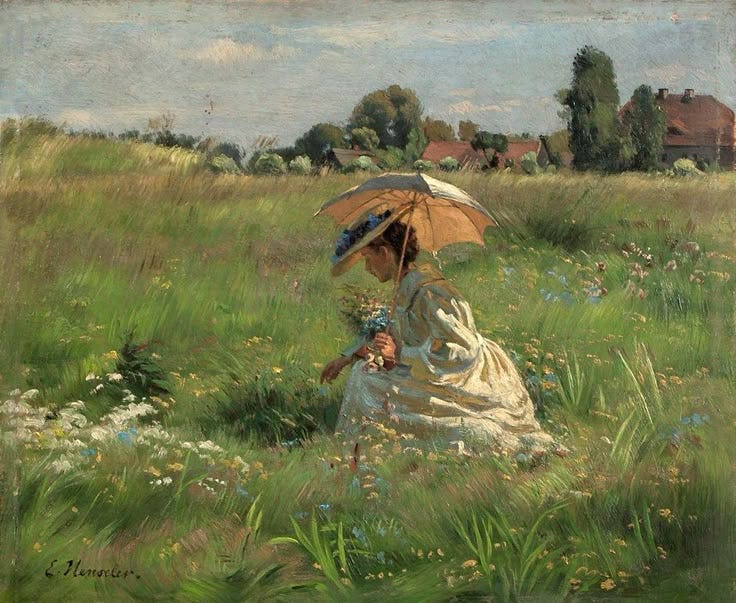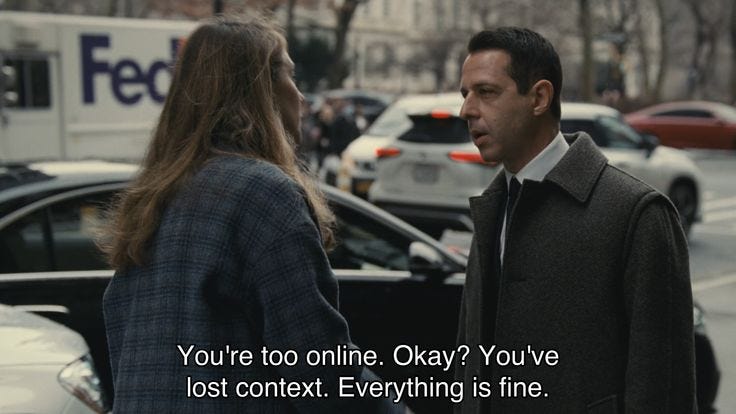I attended a wedding this weekend. I was genuinely surprised to receive the invitation, being of relatively distant connection to the bride and bride. My partner and I joked about being invited to fill up the lesbian quota.
It ended up being a wonderful and moving event. I even bought a dress for the occasion, and decided to wear it albeit the fact you can see, well, my human body and stomach in it. I didn’t plan to do so, but after a ridiculous amount of shots, and an array of cocktails (I truly need to learn to stop mixing my alcohol), I turned weirdly confident and posed for some pictures, as one does.
And then I reinstalled Instagram on my phone to post them. Oops.
For the past few months, I have been struggling against the impact of social media on my brain, my emotions, and my body. I shared my last attempt to go cold turkey here. This, of course, lasted very shortly. The change came a few weeks ago, when on a late night conversation in bed with my partner, I realized that I have to actually see this process through to understand whether it works for me or not.
The cycle can’t be broken unless we break it.
Social media, for me, has always been an integral part of my self expression. It gave me community as a closeted teen, and it gave me a platform to express myself and my opinions as an adult. I touched on the double edged sword nature of virality online here, but it’s more than that.
Even if no one sees your posts, your tweets, or your perfectly crafted Instagram dumps, there is a sense of exposure in them. Not in the good way of being seen trying, but in being seen performing and still falling short.
Opening up Instagram after weeks of being scroll-free, I felt the familiar twinge of discomfort. There is a voyeuristic aspect to social media we sometimes overlook. It allows us a window into other people’s lives, but it also ultimately demands the same peephole view into our own lives from us.
I used to be very comfortable with this demand of exposure, but now it feels unnatural and tense. Scrolling on Instagram for only a few minutes brought back the familiar tension, settling itself into my shoulders. The familiar stomachache, reflecting the slight anxiety always present in the infinite scroll.
We were never meant to have all of the world’s atrocities broadcasted into our homes, our heads, our everyday. The dissonance between the ample, seemingly never-ending information and the inability to act on it creates nothing but helplessness. That is maybe the worst thing social media has done to us: we can see a video of dying, starving children, sandwiched between a recipe for incredibly appealing blueberry muffins and a video about the latest tiktok microtrend. And we are unable to do anything about any of it.
There is a surge of content online, the irony of it not lost on me, of people romanticizing being offline. Romanticizing reconnecting with nature, with reading, with studying, with living outside of the screen. That is a beautiful notion and also an incredibly important one, as there is currently generations of children that have been brought up with a screen in hand. However, it seems that part of it is rooted in self optimization and hustling. You don’t scroll, so now you have to read more books, to learn more things, to start a new side hustle. You freed up your time to be able to consume more or to create more economically. And this makes me hesitant to embrace this notion wholeheartedly.
For me, “reclaiming my brain” isn’t just about putting in the work to study a new language or to start a new freelance gig. Reclaiming my brain means letting it rest. Letting it pause, linger, relax. Not stuffing it with more information. Not forcing it to do more. It simply means allowing myself the space to choose.
Maybe some days it does look like learning a new skill. And maybe some days it means doing my chores clear-minded, free of the irritation caused by the infinite scroll, free of the fog that accompanies it. And then sitting down with a cup of tea to watch a sitcom.
It means I have the space and the freedom to find myself, after years of performing myself online. And that self is probably not a self-optimization machine. It’s just a person, seeking knowledge, sure, but also comfort, rest, and a slow and deep exhalation.
Thank you so much for reading! if you enjoyed this post, consider subscribing to back to shore. I don’t currently offer paid subscriptions, but if you want to support me and my work, you can contribute however much you choose to, right here. No pressure, just my gratitude for you being here. Until the next one :)





I’ve been struggling to be off my phone but I’m trying and I really related to your words about how sometimes we just need rest. I’ll add that probably one of the most important things is dealing with boredom itself.
ahh i get this so much!! i’ve deleted all social media except for pinterest and substack (which, in my humble opinion, are the “healthier” forms of social media) but i find myself getting addicted to the dopamine hit of other completely unnecessary apps like youtube shorts (for gods sake) and some app called airbuds, or even going through my whatsapp messages even if no one sent me a text. just anything to keep me scrolling, and it wastes a huge chunk of my day. by the end of the day i find myself going to sleep frustrated and overstimulated, with very little that has been accomplished. it’s a rough habit to stop but let us all keep spreading this kind of awareness and whoever has anything to say that can help, please feel free to add your input.